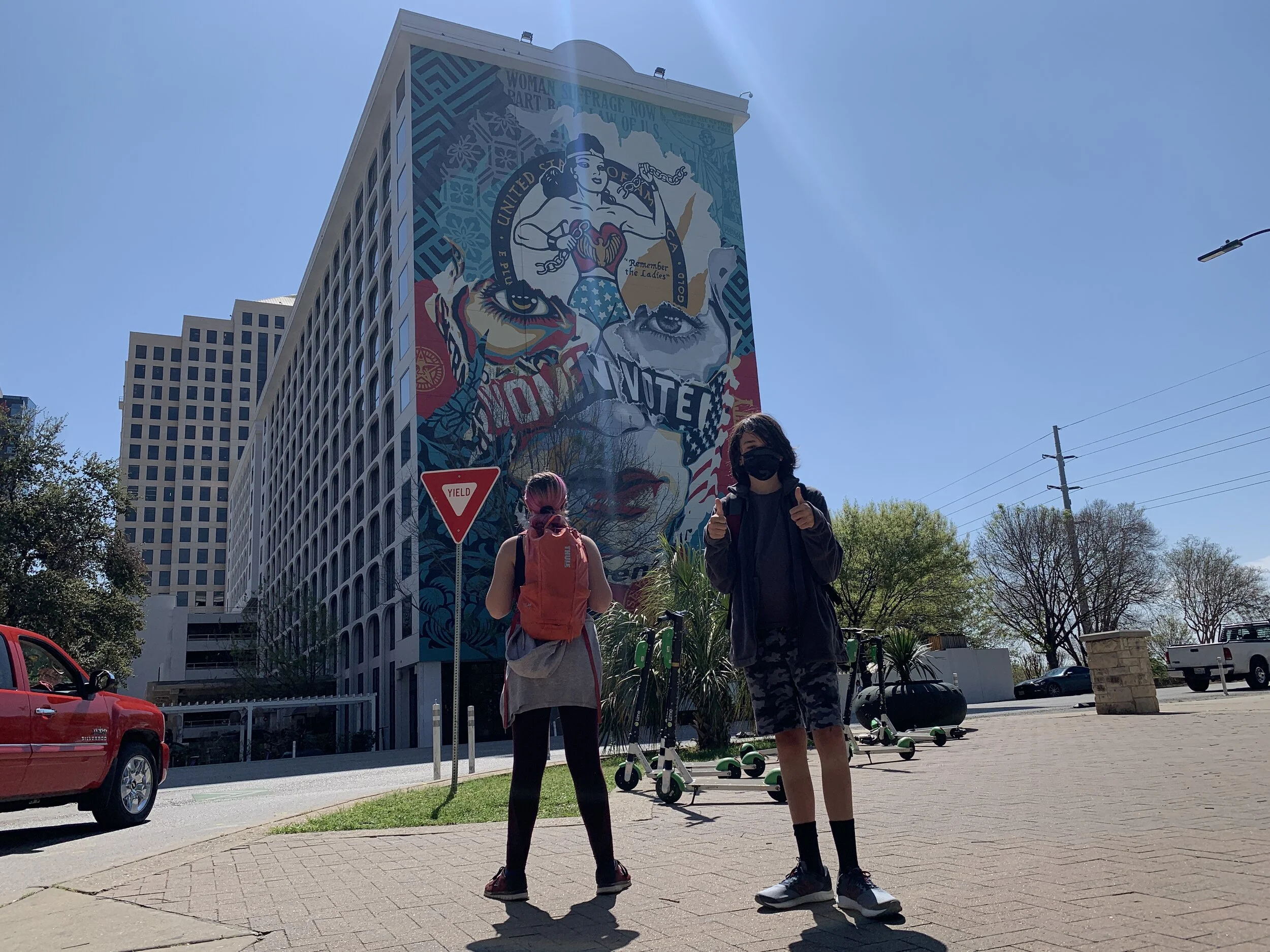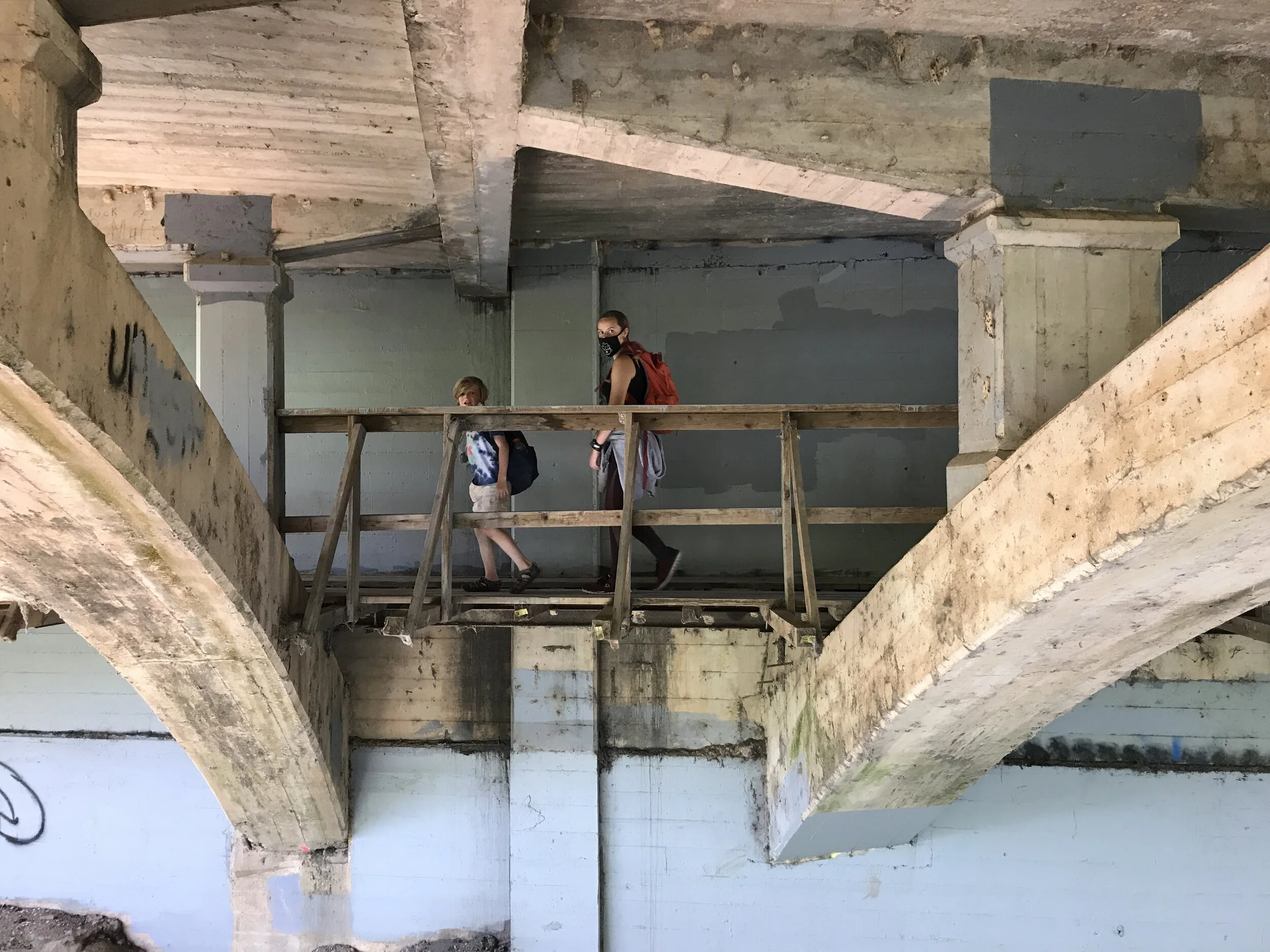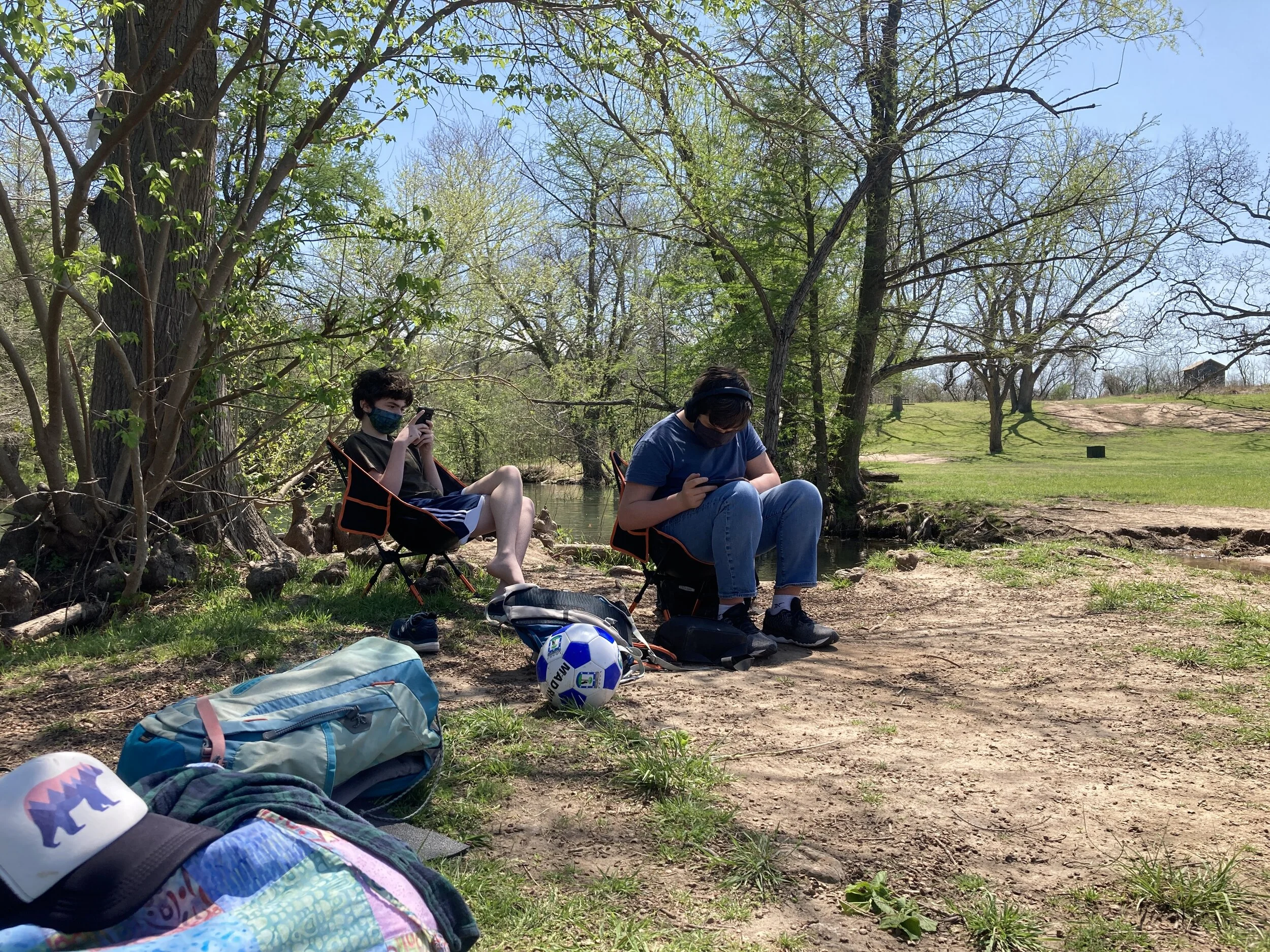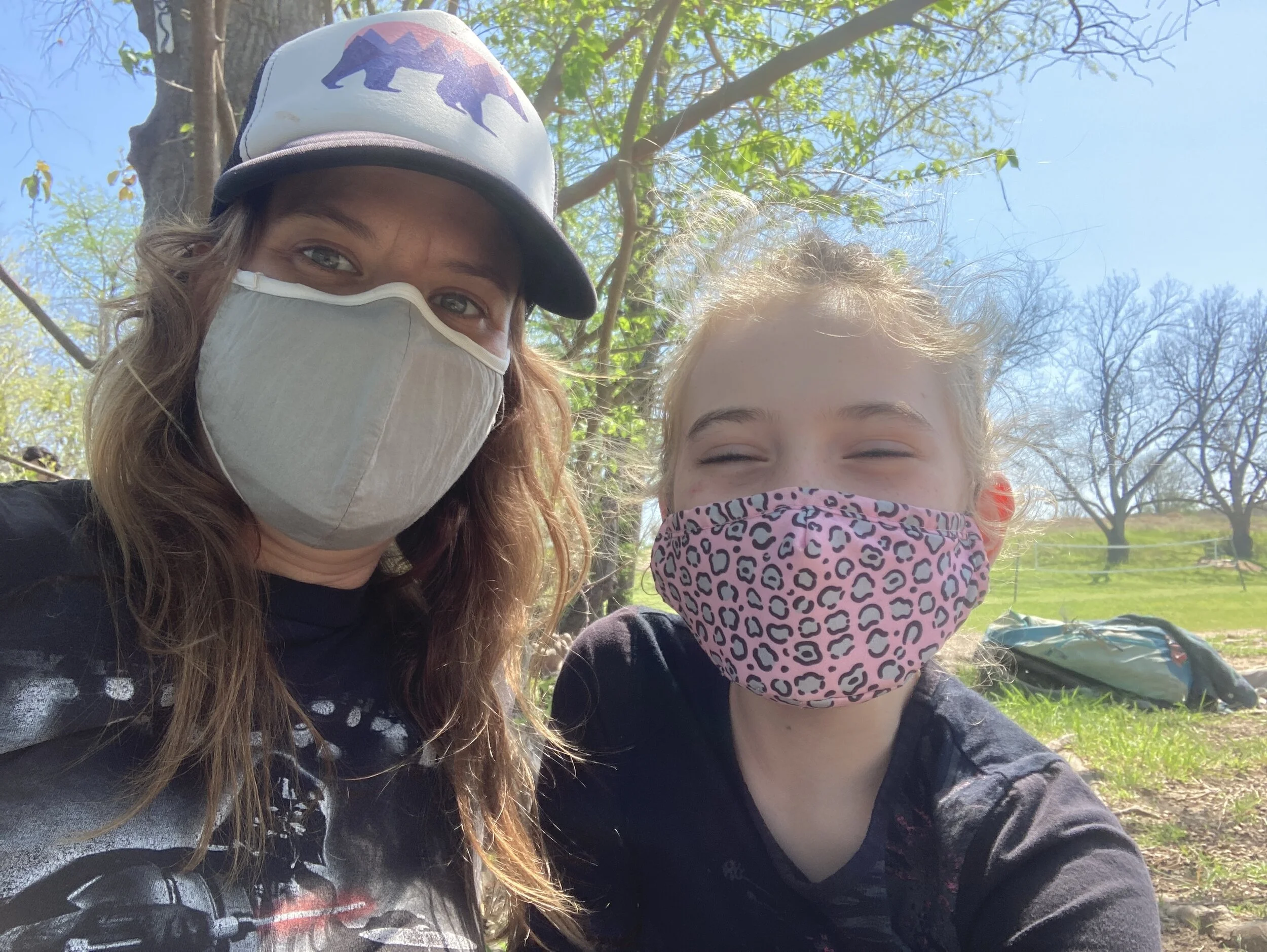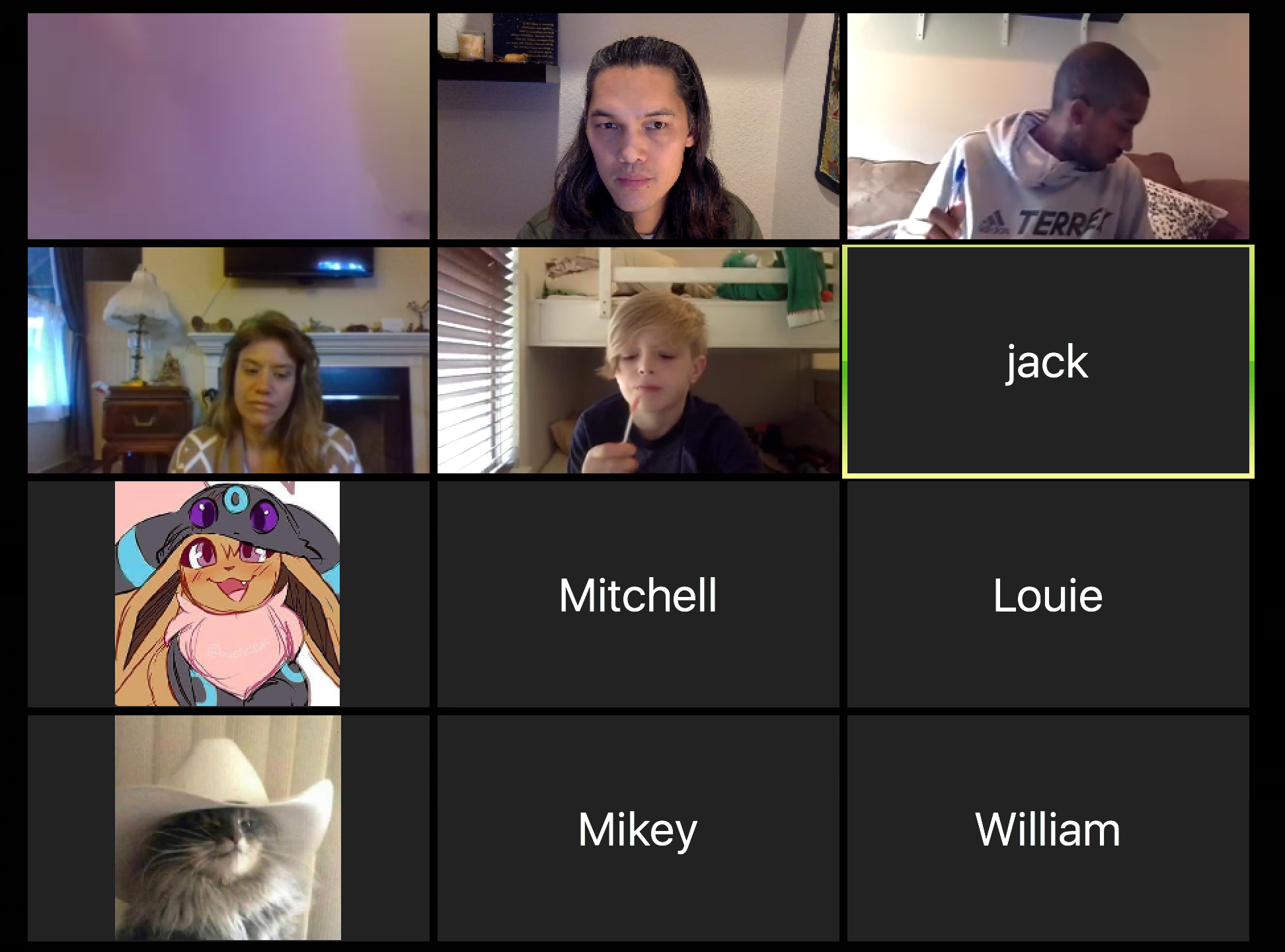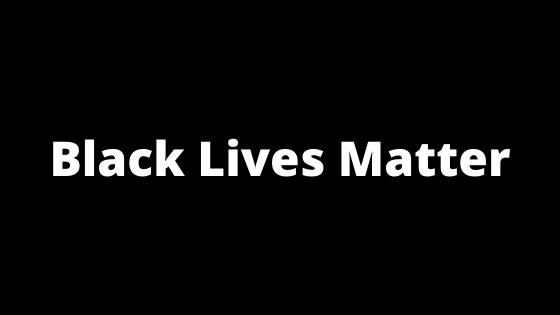I said I was going to write a blog post for every day this year. I am modifying that a bit. I’m going to combine days 121 and 122 of the pandacademic year, the two remote days that were tacked onto the tail end of cycle 8. I’m doing so in part because the remote days have been low touch, low turnout, and low engagement; and in part because I am really behind on blog posts for the year (I am writing this on day 135 of the pandacademic year!).
We scheduled in 14 remote days this year so that we could be together as many days as possible both in-person and in total. These 14 remote days allowed us to have at least a nine day observation period between cycles for those meeting in-person, which greatly limited the risk of a single person putting multiple cells at risk of Covid-19. We have been fortunate that our community has taken the pandemic seriously by masking up and not congregating indoors with others from outside their household or dedicated pod, quarantining if they were not able to adhere to our community practices, and that our community largely supports Covid-19 vaccines. In fact, at least one Learner and one guardian got their first shot over the weekend before day 121, while the other was told he was too young (it was a Moderna batch).
We have had mixed results in terms of Learners showing up for online meetings during the pandemic. We were pretty thrilled to get ten Learners to show up for the morning meeting on Monday. For the morning meeting the game shifting asked only that people sit, stand, or dance during the meeting. Although most Learners had their video cameras turned off, one of the younger Learners broke into dance which made us all smile (even those off camera.
Remote again. Woo hoo.
Most of the folks on the morning call shared how they could be the type of friend they wish they had: listen to people, be there in the hard times, by not interrupting people, be more available, do my stretches (no clue what that means), being honest, challenging people without hurting them, being there for others, be nice.
I then told everyone that one of the shadowers from the prior week would be enrolling for cycle 9. This was a cause for celebration and relief. Each additional person in a Self-Directed Education community adds far more to the community than plus one. This is because each person brings their own unique interests, skills, thoughts, and life experiences that everyone else can benefit from. So going from 10 Learners to 11 would not increase one time connection opportunities between Learners by 9% (1/11), but it would increase it by 11 times (10! vs 11!). I will probably write a future blog post to explain that more clearly. Nonetheless, it is substantial. The reason it is a relief is because we were not at our best the prior week, and we really came up short in welcoming in the new Learners. So to know that one of the shadowers was confident enough of his place in the community was a really big deal.
Speaking of the difficult week, I had planned calls with the four Learners I called out on Friday. On Monday, I had a really great call with the first of the four Learners. We talked about how the Learners stuck to themselves and did not go out of their way to interact with the shadowers, particularly on Thursday. This Learner said, “I was kind of [stuck] in the middle of leaving my comfort zone or staying in my comfort zone.” It was a helpful conversation as it allowed me to better understand the motivation of the Learner, and it helped the Learner better empathize with the experiences of a shadower.
Unfortunately, as is now the norm for our remote days, none of the Learners came to the four offerings that were set up for the day. But that’s okay, we are just holding space for the Learners if they need it, and we found plenty of time to be with each other.
The next day nine Learners showed up for the morning meeting, one less than Monday but still a strong enough showing that it made those who show up appreciate their community. For the morning prompt we each shared a way nature has affected our daily life lately: allergies, wifi doesn’t work in nature, joy from watching two birds build a nest outside their window, feeling crappy outside because of allergies, it is so hot I can’t wear my hoodie, enjoying walks in the neighborhood and noticing how protective deer are of their fawns, I biked this morning and waived hi to so many people because it was so beautiful out, allergies are causing a really dry cough, allergies and stuff, allergies, the sun is helping me produce vitamin D, allergies. Are the allergies really that bad, or are the Learners just too comfortable indoors?
On Tuesday we told the Learners what the cell composition were going to be for cycle 9, and no one seemed to take offense, which was nice. Unfortunately, at least two Learners were planning to be entirely remote, and that stinks, but we cannot wait until they can show up in person again (probably next fall).
On this day the Facilitators again provided a variety of offerings that the Learners did not take advantage of, but Facilitator Ariel and I showed up for an Among Us offering that was hosted by one of the Learners. It was really fun and even though I was tired and anxious to get work done I’m glad I made time to connect with the Learner (and kill and be killed by him).
On Tuesday I also met with the other three Learners to discuss the challenges we had the earlier week. The Learners shared some good ideas on how they can better support others, but I was interested in the general belief that if they can find nothing in common with someone then maybe they have nothing to talk about. I interrogated that idea a bit, helping the Learners to recognize that there is a world of possible shared interests that cannot possibly be explored during an initial introduction. I also questioned whether it made sense to spend less effort to welcome in those who seem the most different (e.g., less shared interests), and how that could play out in terms of supporting those who are already in the minority in society. For example, if we have no Black, trans, or undocumented immigrant Learners, would it not be more difficult to build quick rapport with them, but would that not also be all the more reason to try to make them feel welcome? After all, American society does not have a great record of welcoming in and supporting historically marginalized people, and we certainly have no interest of replicating the harshness of American society at Abrome.
Facilitator Ariel also talked to the Learners about last week. One of the Learners told him that he had a fear of letting people in because of his earlier life experiences. Facilitator Ariel shared that he had the same fears, and expounded upon that to talk about his fears as a Black man in the south. He explained how it had been a hard two days since the Daunte Wright killing (by police in Minnesota), and they cried with each other. Later, Facilitator Ariel told the Learner that we Facilitators believe in them, and our collective ability to grow. They then talked about what they could do in the future to better welcome people in.




